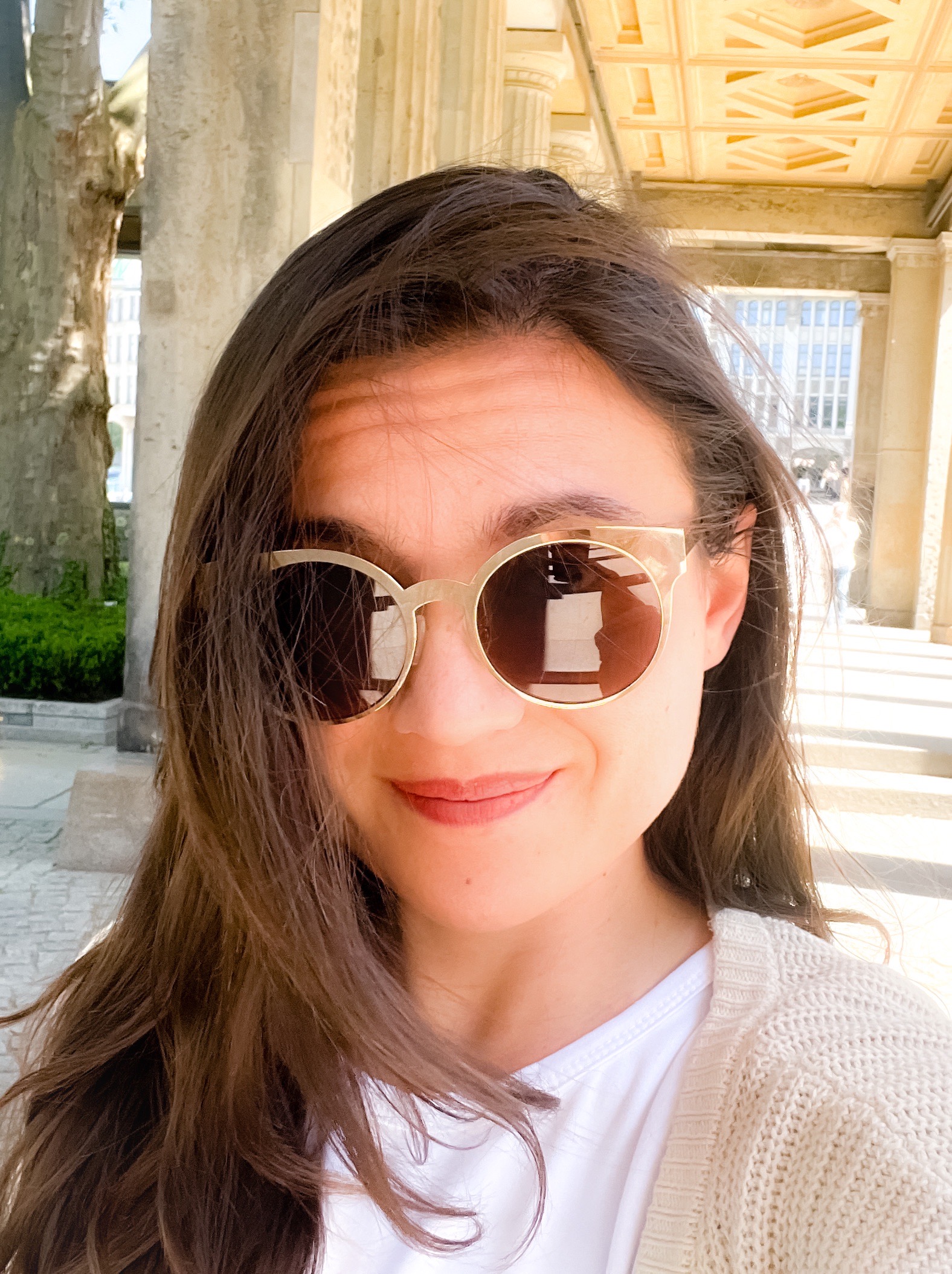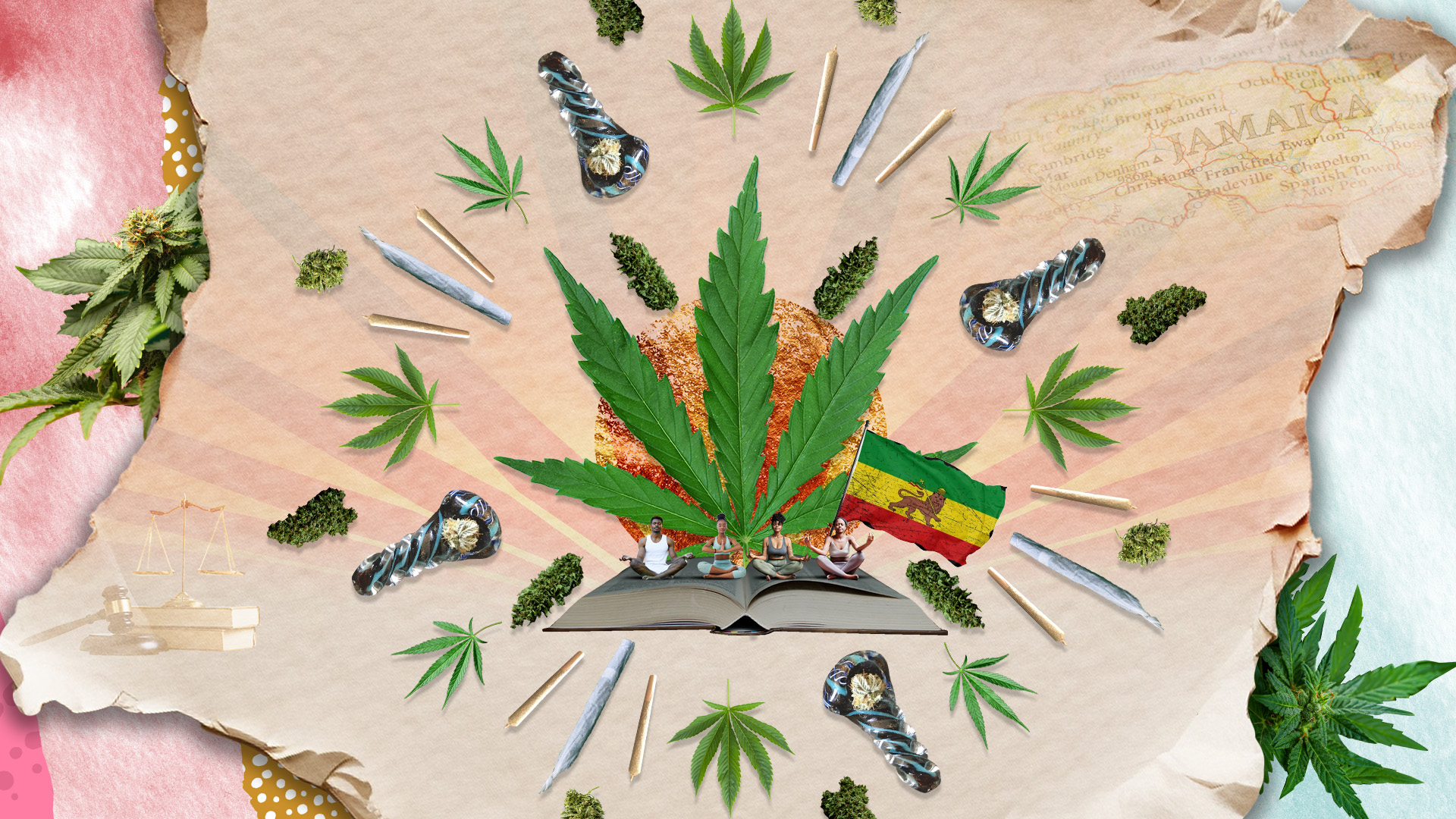A Caribbean cultural movement known as Rastafari has elevated the use of cannabis to the status of a religious sacrament. It additionally represents a powerful symbol of spirituality, unity, healing, and connection to the divine. When most people think of Rastafari culture, Bob Marley, Jamaica, and cannabis may come to mind. However, details of the culture’s story remain underexplored, largely because of the stigma associated with cannabis consumption.
As cannabis advocates, we were particularly interested in learning more about the unique significance of cannabis in Rastafari spiritual practice. Join us as we reveal the rich history, religious significance, and contemporary implications behind the profound connection between Rastafari and the cannabis plant.
The History of Rastafari
The arrival of “Ganja” (another name for cannabis) in the Caribbean predates the Rastafari faith by almost 100 years. Indentured servants in India first brought cannabis to Jamaica in the mid-19th century. In the proceeding years, cannabis gained popularity as a medicinal herb. It was popular among people of the laboring classes in rural areas. Rural areas grew more cannabis and possessed more refined knowledge about the plant.
As a response to white colonial exploitation, Rastafari culture emerged in Jamaica during the 1930s. Rastafari originated among impoverished and oppressed Afro-Jamaican communities as an opposing reaction to the dominant British colonial presence in Jamaica at the time. (Jamaica did not become an independent country until 1962).
In the 1970s and ’80s, the rising mainstream popularity of Jamaican music icons like Bob Marley and Peter Tosh spread the message of Rastafari culture worldwide.
The Rastafari culture is pluralistic, lacks a central governing organization, and rejects dogmatic thinking. As a result, it’s difficult to nail down one major belief system. To give a very general description, the Rastafari belief system incorporates Old Testament teachings with the empowerment of African cultures and the aspiration to return to Africa. Despite the culture’s adoption of the Bible as a holy text, for many followers of Rastafari, the Bible has been misinterpreted and manipulated by people in power who wish to use the text to their advantage. The book also has further hidden meanings that require deep meditation and spiritual exploration to understand fully.
Therefore, many traditional Western interpretations of the Bible are rejected in Rastafari. Central values for the faith include a Rastafari’s personal relationship with “Jah” (or God). Additionally, another central value mirrors Afro-centric ideology, which is deeply important to the movement. This ideology arose as a substantial response to the oppressive white colonial culture that enslaved and disenfranchised Black people throughout the Caribbean for centuries.
Why You Should Get Your Medical Marijuana Card
Veriheal has satisfied millions of patients nationwide by giving them access to these benefits
- Larger purchase limits
- Peace of mind
- Enhanced legal protection
- Access to higher potency strains
- Save up to 25% on cannabis purchases
- Skip the line at the dispensary
The “Holy Herb”
The Rastafari culture and religious practice regards cannabis as an herb of religious significance. Some other names that Rastafari uses to denote the plant are “Callie,” “Iley,” “the herb,” “the grass,” or “the weed.” In ritual uses, members of the Rastafari community often refer to cannabis as “the wisdom weed” or “the holy herb.” The name “holy herb” specifically refers to certain biblical texts justifying cannabis use according to Rastafari interpretation, most notably the following from Genesis:
“And God said, Behold, I have given you every herb bearing seed, which is upon the face of all the earth, and every tree, in the which is the fruit of a tree yielding seed; to you it shall be for meat,” Genesis 1:29
The Rastafari use cannabis as a sacred ritual act, often for meetings called reasoning sessions or grounding sessions, where communities of Rastafari come together for prayer and meditation. Since for many followers, there is no particular building for worship, these meetings typically occur at either someone’s home or in a community center. These sessions are usually led by an elder and involve prayers, music, discussions of local social issues, and cannabis consumption.
Rastafari typically smoke cannabis in chillum pipes or rolled into cigarettes (called “spliffs”) during the groundings. Rastafari also uses the herb for tea, as a spice in stews, as a sacred offering, or as medicine. Believers attribute cannabis effects to heightening spiritual awareness. It induces meditative states, bringing individuals closer to the divine. During rituals, cannabis’s psychoactive and socially stimulating properties come into play. They are harnessed to foster calming religious visions, inspire, and strengthen a sense of community among group members. For Rastafari, the practice allows them to feel more connected with the divine.
Seeking Reform and Justice
In discussing cannabis and Rastafari culture, we cannot overlook the shadows that have cast a veil over this spiritual connection. The historical stigmatization and disenfranchisement of both cannabis consumers and Black communities are inseparable from the discrimination endured by followers of Rastafari. Members of the Rastafari cultural movement, many of them Black, have faced religious prejudice, racial profiling, persecution, and imprisonment for their ritualistic use of marijuana for nearly a century.
International efforts have been taking place to affect progressive change. Jamaica and, most recently, the twin islands of Antigua and Barbuda have granted sacramental rights to cannabis. This law may allow people to legally grow cannabis for ritual purposes, and Rastafari practitioners will be able to use the herb for their religious gatherings.
As cannabis sees growing decriminalization and recognition for its healing potential, addressing and rectifying long-standing disparities in marginalized communities becomes critical. Whatever beliefs we hold, the values of community, love, and equality embraced in the Rastafari movement serve as continuing inspiration for all of us committed to promoting justice, inclusivity, and cannabis-progressive culture.
Author, Share & Comments
















